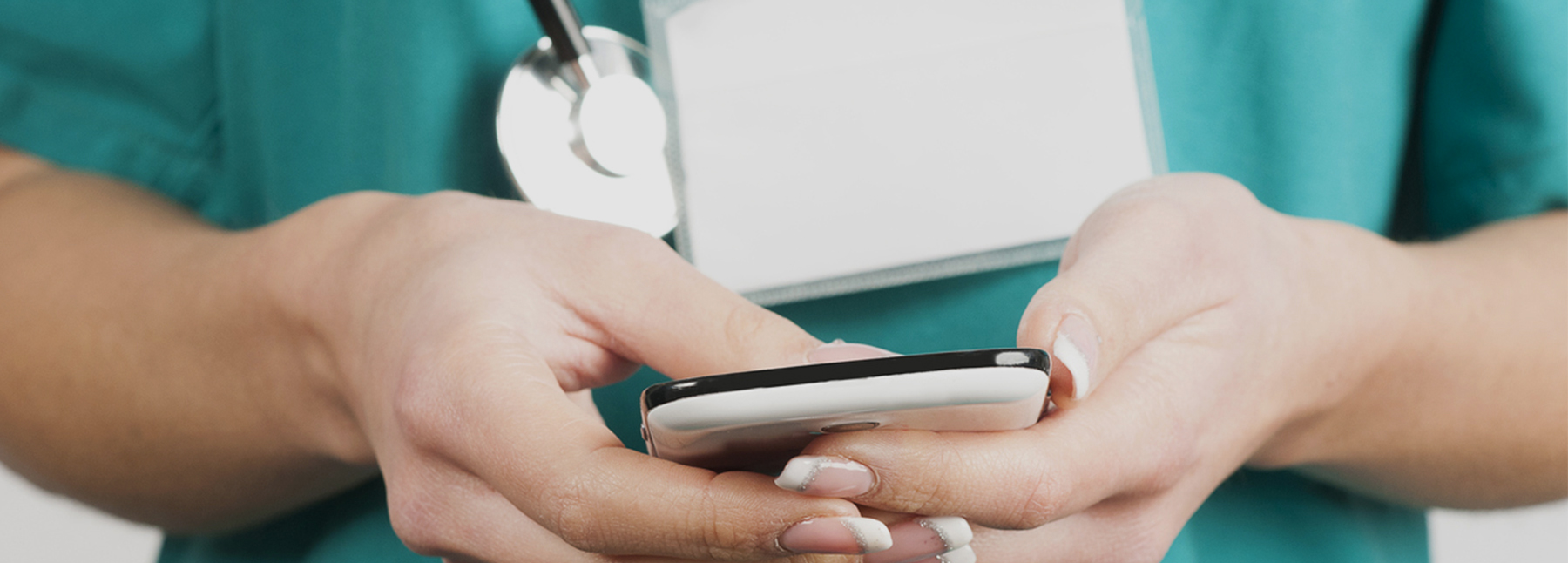According to experts, these technologies are even making it easier to remotely monitor chronic illnesses such as these, marking a paradigm shift in the doctor-patient relationship.
"The cameras, flashes, microphones and GPS" on mobile telephones are "becoming ever more sophisticated", and are now capable of “matching specialised imaging equipment". Thus said Shwetak Patel, professor of computer science and engineering at the University of Washington in Seattle, who believes that smartphones are revolutionising medicine as we know it.


